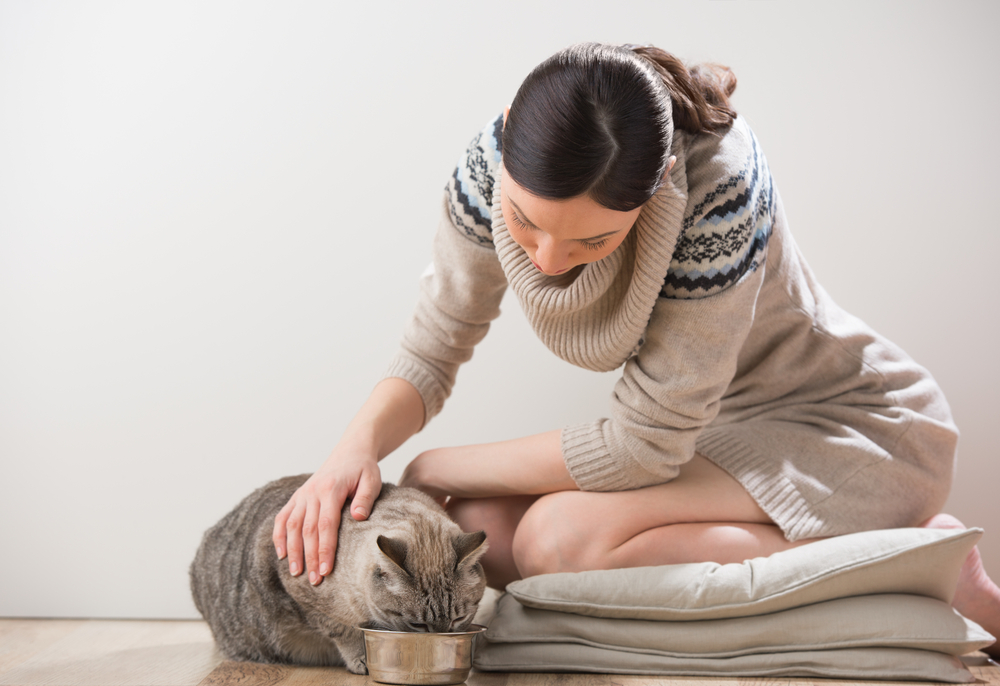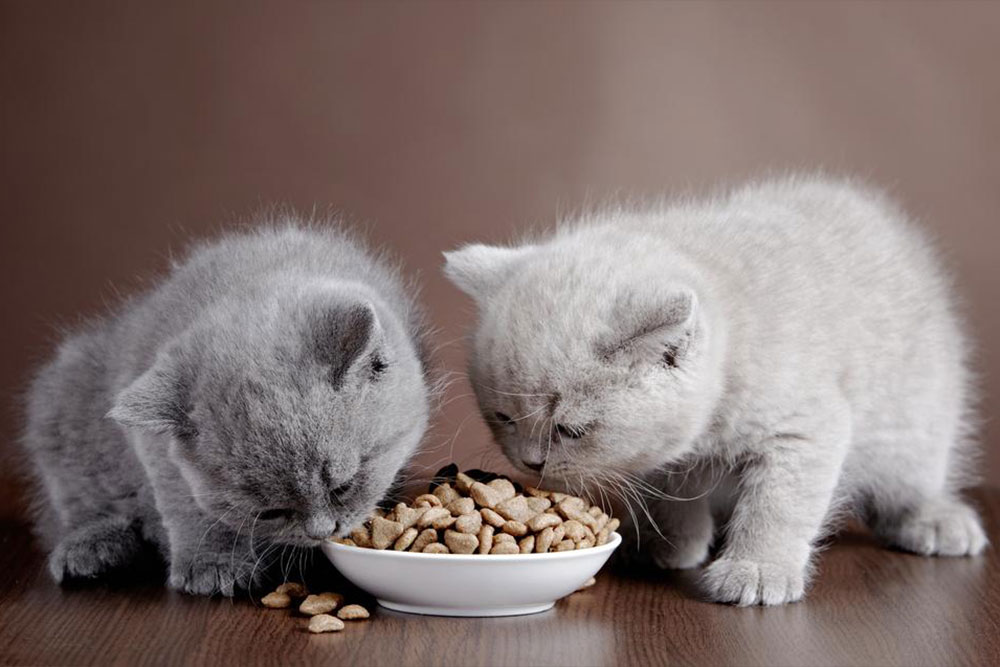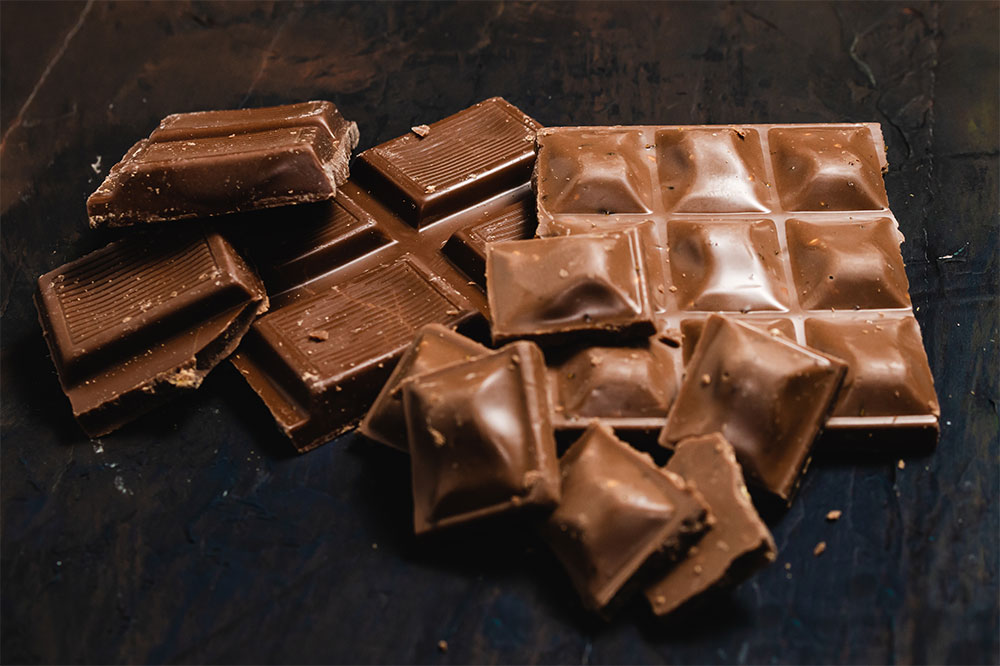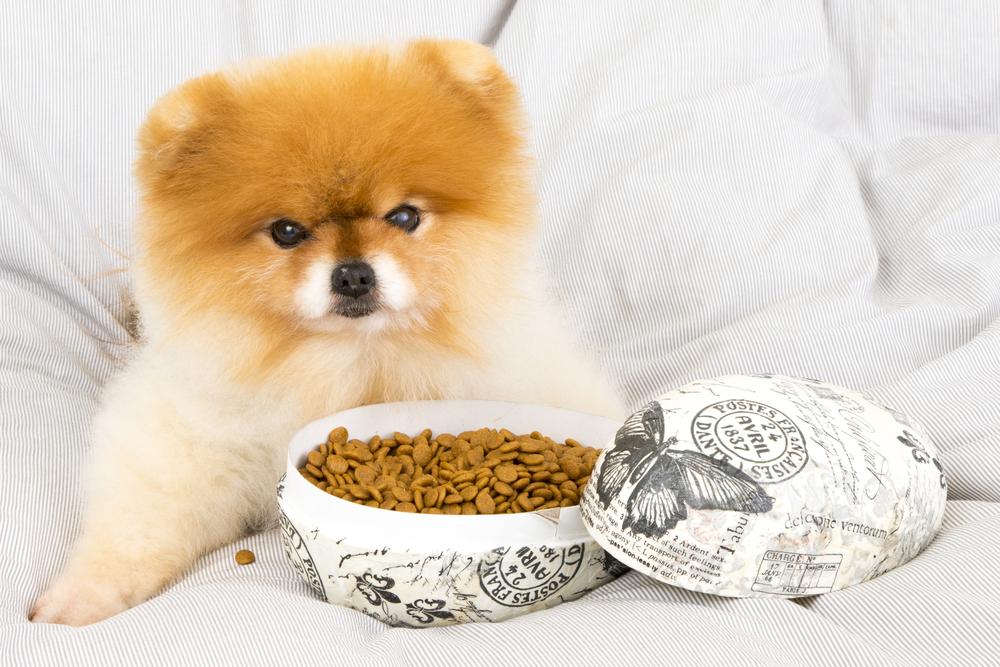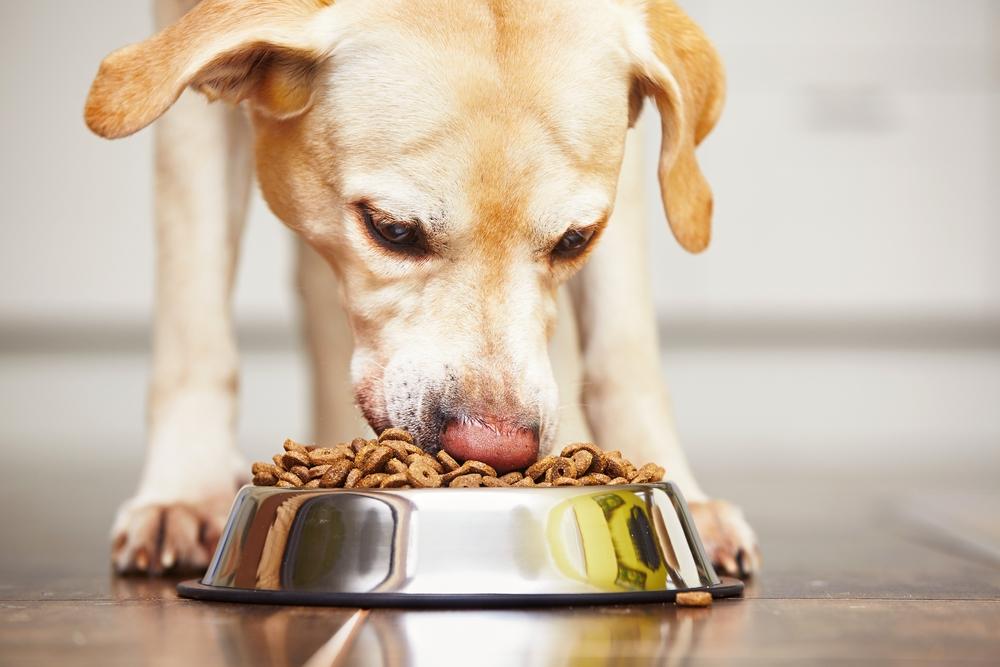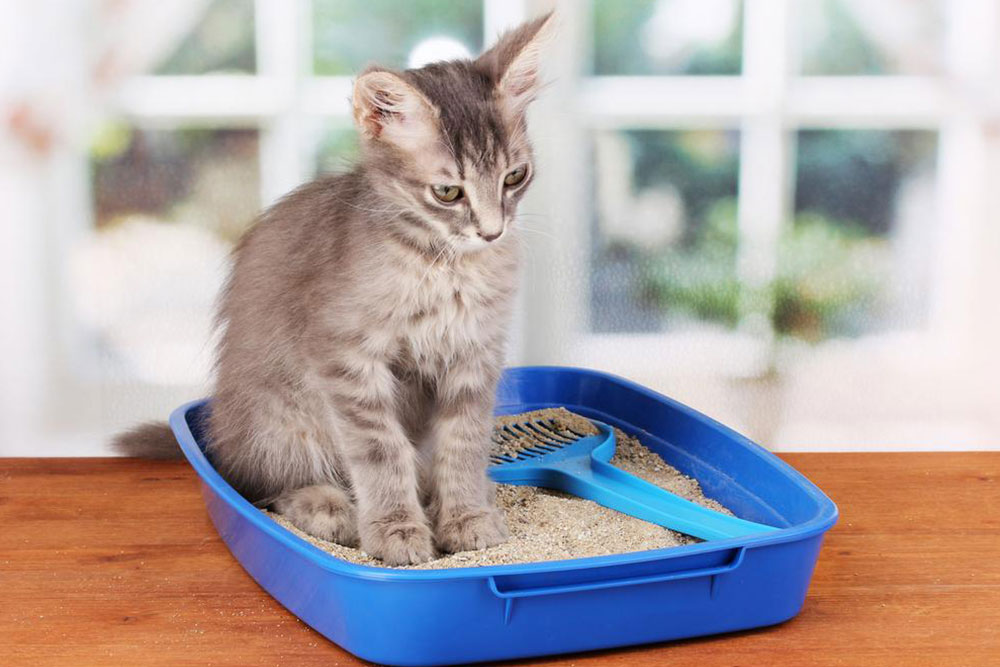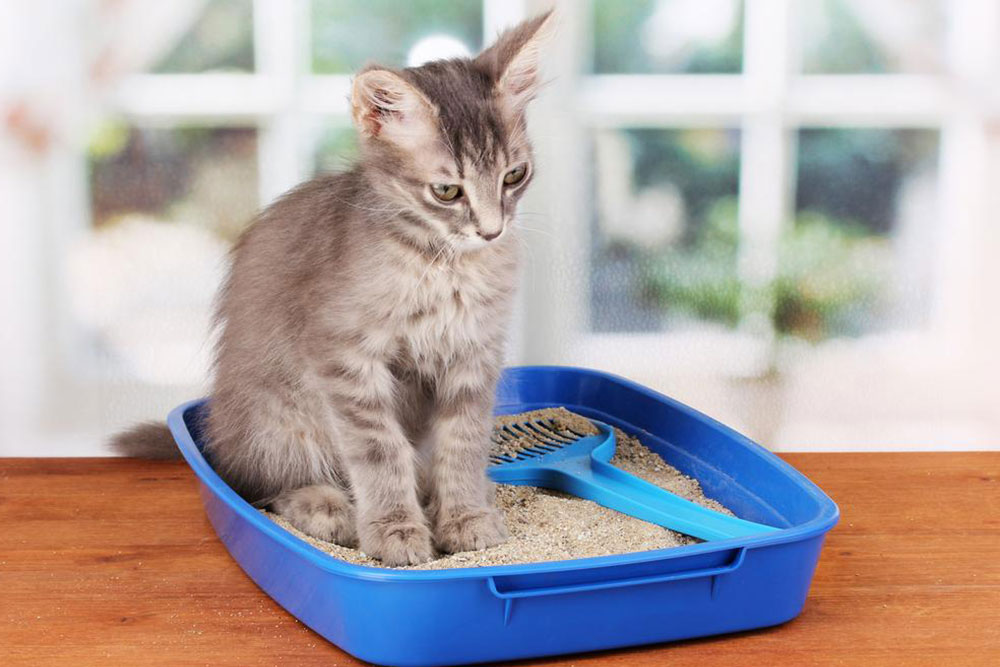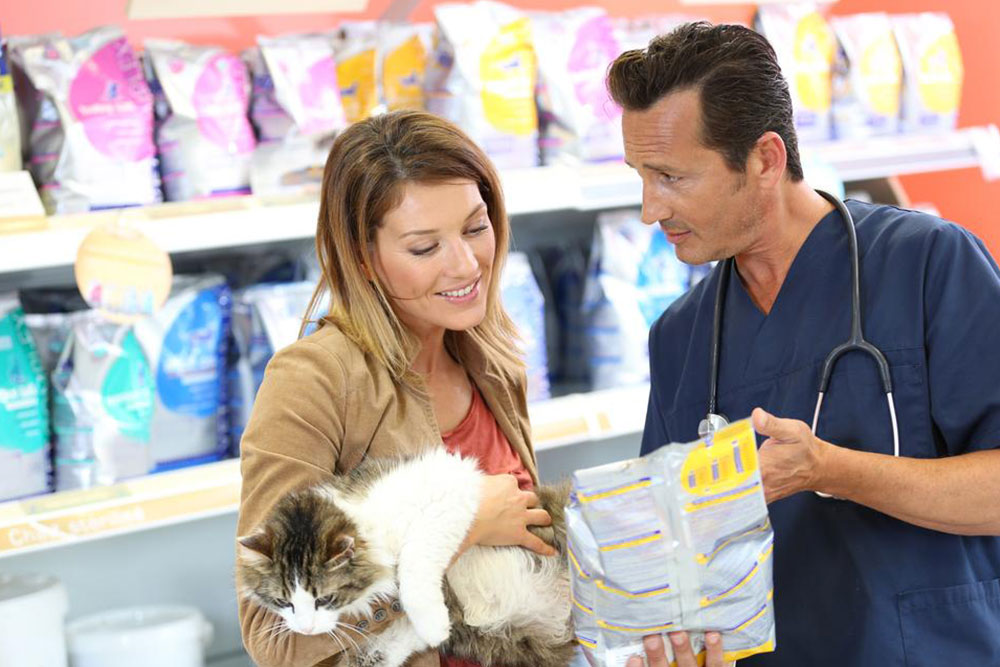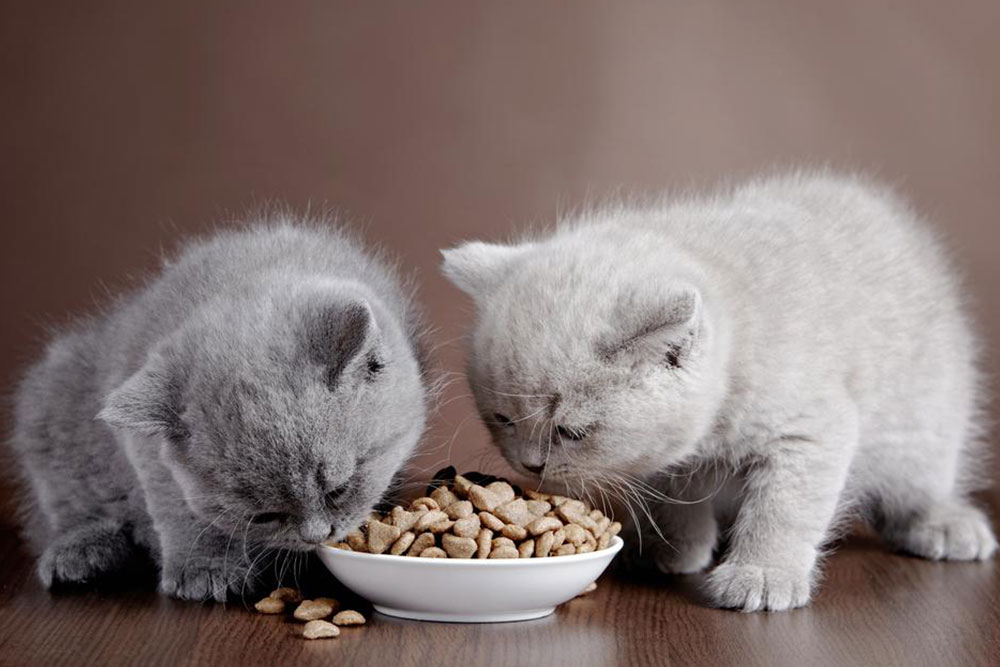Top 6 Foods to Avoid Feeding Your Indoor Cat
Learn about the top 6 foods that are dangerous for indoor cats and should never be given to them. Protect your feline friend by avoiding these harmful foods like chocolate, alcohol, raw meat, and more. Immediate vet consultation is advised if ingestion occurs. This guide helps cat owners ensure their pets’ safety and well-being with essential dietary precautions.
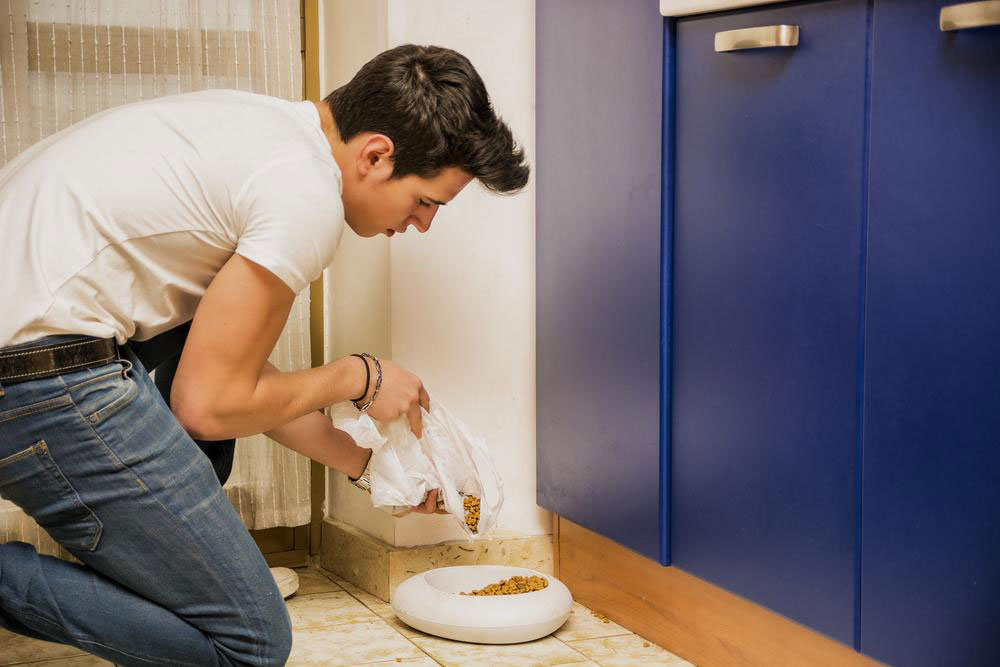
Top 6 Foods to Avoid Feeding Your Indoor Cat
Cats are beloved for their playful and intelligent nature. While they seem to have a good sense of what they should eat, they can sometimes ingest foods that upset their digestion. The ideal diet for an indoor cat includes high-quality dry food, but owners often face confusion about what to feed. Cats can be selective eaters and may beg when you're eating. Despite your loving efforts, certain foods are risky and can harm your feline friend’s health.
Below are six common foods that should never be given to your indoor cat to ensure their safety and well-being.
Alcohol: Never give your cat alcohol, even for fun. Alcohol affects cats similarly to humans, but their small size makes the effects much more severe. Just a small amount can cause coma, liver, or kidney failure.
Chocolate: Chocolate contains theobromine, which is toxic to cats. While they may not crave it, ingestion can have deadly consequences.
Candy and Gum: Many candies and gums contain xylitol, a sweetener that can cause blood sugar drops and liver damage in cats. Swallowing candies can also lead to digestive issues.
Raw Meat: Raw meat can harbor bacteria leading to infections. Raw fish contains thiaminase, which destroys a vital vitamin, causing seizures and neurological problems.
Dog Food: Dog food lacks the necessary nutrients for cats. It doesn’t meet their specific dietary requirements for protein and vitamins.
Human Medications: Many human medicines are toxic to cats. Keep all prescriptions well out of their reach, and consult a vet immediately if ingestion is suspected.
If your cat consumes any of these foods, seek veterinary advice promptly. Protecting your feline from these hazards is essential for their health and happiness.

